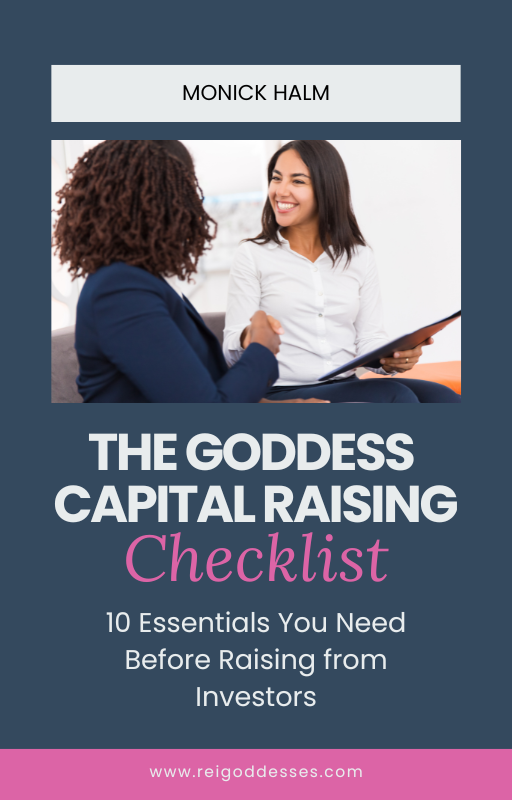What are The Benefits and Downsides of Being an Active Investor in a Syndication?
Feb 18, 2021
The active investor, sponsor, or syndicator (these terms are used interchangeably) is the person that is arranging a syndication. They bring together a group of investors to collectively purchase a property.
Typically, they will find the deal, structure it, enroll investors, arrange outside financing, and then manage the asset afterward.
A syndicator is not necessarily acting as a property manager, but they will need to manage the property manager(s) and other aspects of the deal (e.g., get insurance for the property, make sure that necessary rehabs are done, ensure taxes are done for the entities and K-1s are provided each year to investors, etc.)
If you're considering syndication, you don't have to do all of this yourself. You can partner with other syndicators and be a sponsorship team. I recommend this approach and this is how I do it myself. As a team, you split the responsibilities and the rewards.
NOTE: PRACTICE SAFE SYNDICATION. Typically (at least in the United States), if you take other people’s money and are managing it, this will fall under U.S. Securities Law. If you want to do this type of transaction, you MUST engage the services of a good securities attorney and file the proper paperwork. If you ignore this advice you could end up paying huge fees or even seeing some jail time. So, CONTACT A SECURITIES ATTORNEY BEFORE SYNDICATING.
Benefits for Active Syndicator
-
You leverage other people's money to buy an investment property that may be much more than what you could afford by yourself.
-
You receive a portion of the equity and cash flow in exchange for the time and energy placed into syndicating and managing the deal. You can structure a deal so that you have a substantial ownership stake in a property. This can sometimes be done with very little or none of your own capital.
-
It’s very win-win. You set up an investment vehicle that benefits tenants, other investors, and other team members.
-
You have management control of the asset.
Downsides for Active Investors
-
This is not very passive income. Active investors need to find the deal, find investors, manage the property or the property manager, and manage the syndication.
-
The sponsor may need to front a lot of cash and time upfront - This allocation of resources may not always pay off (for example, the deal you spent months pursuing and working on may not close in the end).
For the right person being an active investor in a syndication is a wonderful way to scale, create a portfolio that's much more than what you could have created by yourself, and help others achieve their wealth dreams.
Is this something you're interested in trying? Why or why not?


